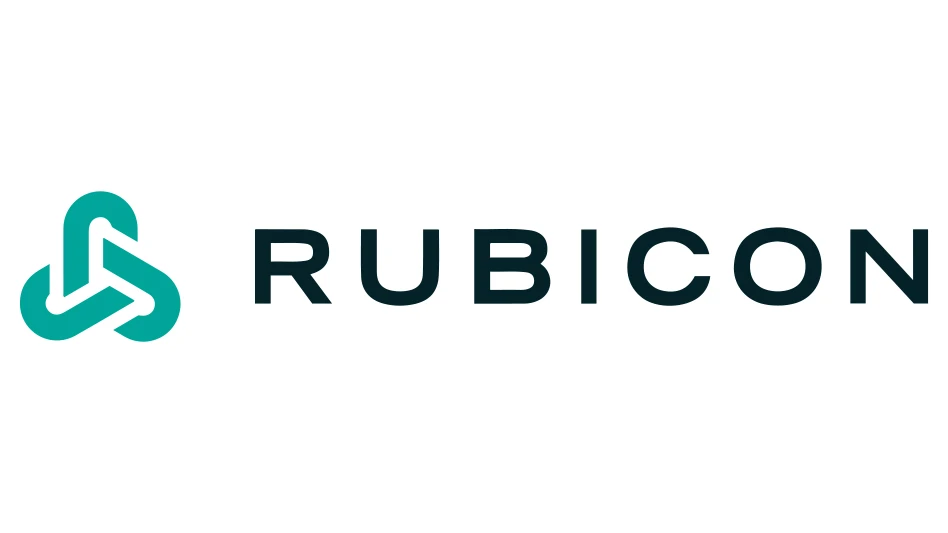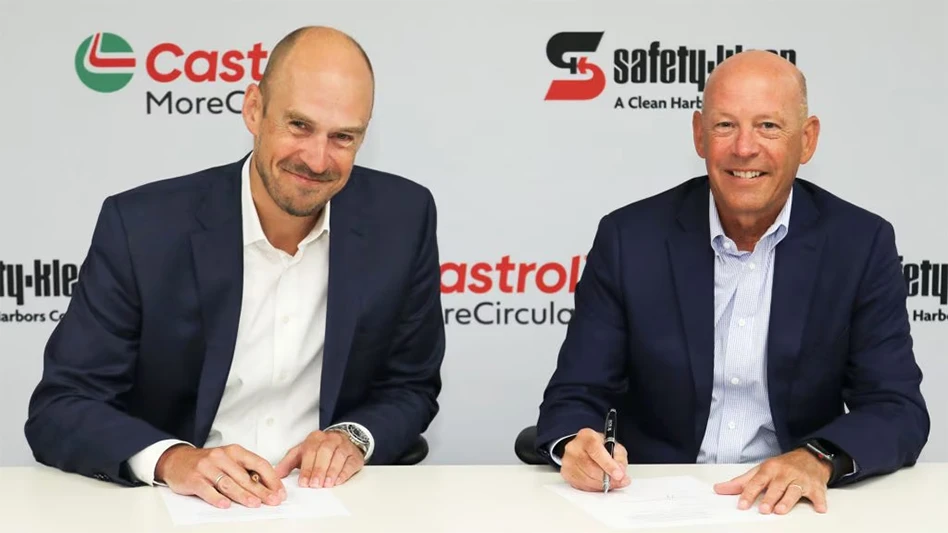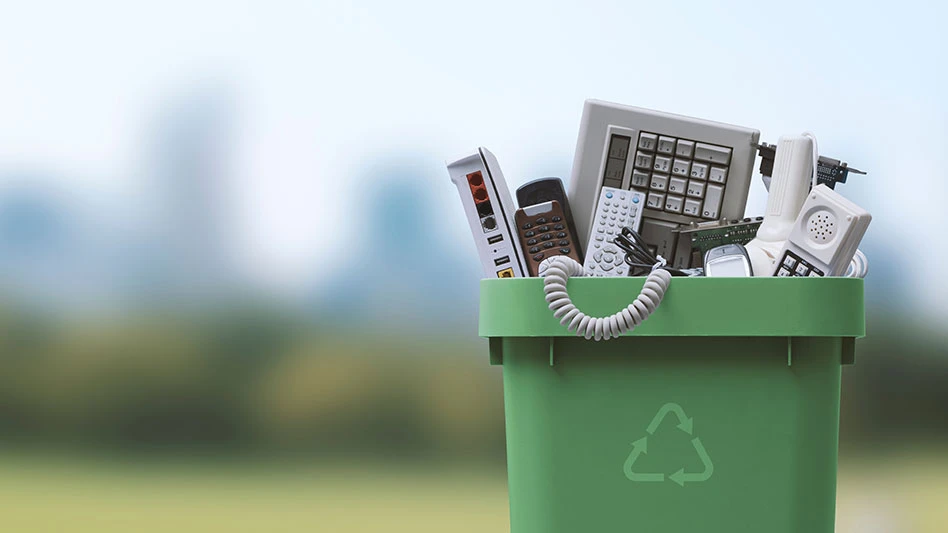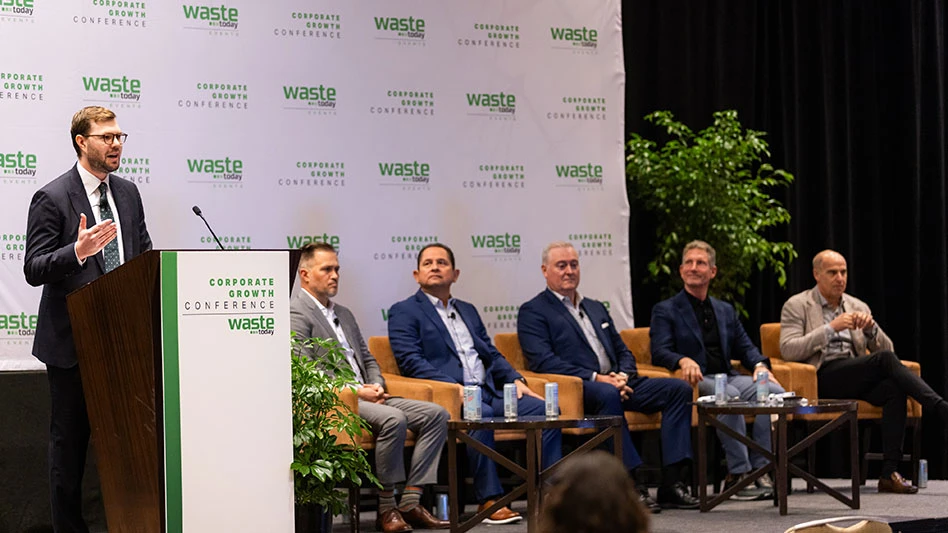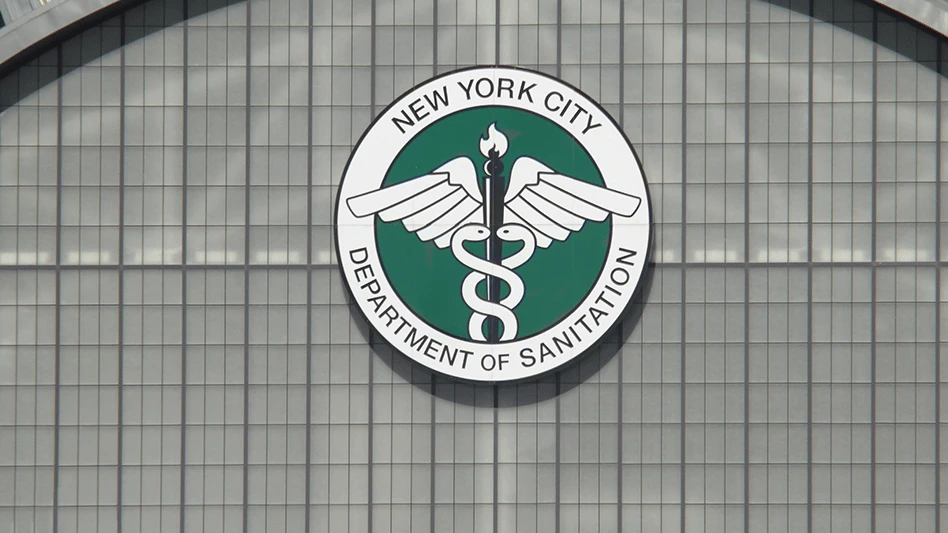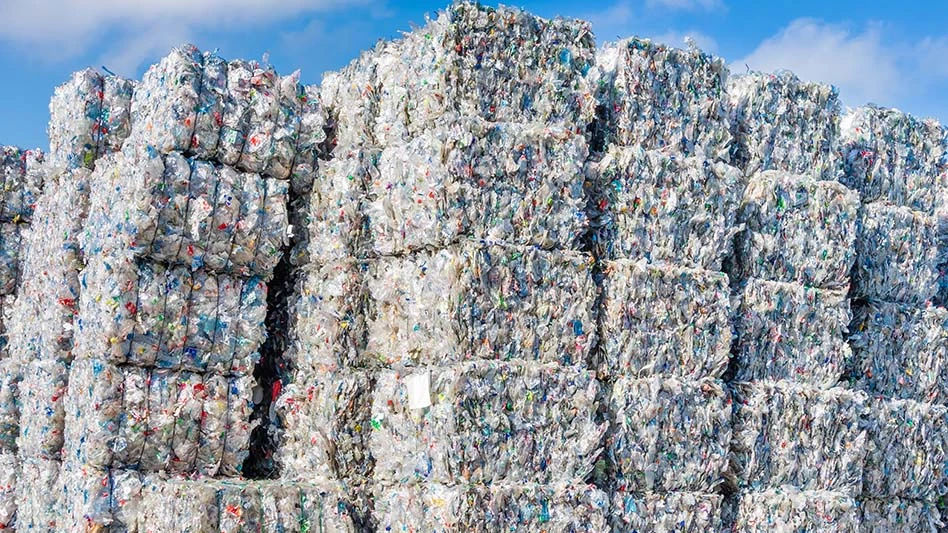
arnaudmartinez | stock.adobe.com
The U.S. recycling rate for polyethylene terephthalate (PET) bottles was 29 percent in 2022, down slightly from 30.3 percent in 2021, according to the 2022 PET Recycling Report from the National Association for PET Container Resources (NAPCOR), Middleton, Wisconsin. But a study by MIT researchers indicates a nationwide bottle deposit program could increase that rate to 82 percent, with nearly two-thirds of all PET bottles being recycled into new bottles at a net cost of a penny a bottle when demand is robust.
Additionally, the researchers say, policies would be needed to ensure sufficient demand for recycled PET.
The findings have been published in a paper titled “Evaluating strategies to increase PET bottle in the United States” in the Journal of Industrial Ecology by Elsa Olivetti, MIT professor of materials science and engineering, graduate students Basuhi Ravi and Karan Bhuwalka and research scientist Richard Roth.
According to the researchers, while roughly 29 percent of PET bottles are collected for recycling, after losses in the recycling chain, about 24 percent get recycled. While 73 percent of Americans have access to curbside recycling, only 10 states have bottle deposit systems in place, and these programs typically yield much cleaner material streams that require less processing, for more economical recycling.
The team looked at PET bottle collection and recycling rates in various states and in other nations with and without bottle deposit policies and with and without curbside recycling programs, as well as the inputs and outputs of various recycling companies and methods, finding that bottle deposit programs are highly effective but not nearly enough used bottles are collected to meet the targets set by the packaging industry. According to their analysis, a nationwide bottle deposit policy could achieve the levels of recycling that have been mandated by proposed legislation and corporate commitments.
"A message that we have found in a number of cases in the recycling space is that if you do the right work to support policies that think about both the demand but also the supply,” then significant improvements are possible, Olivetti says to MIT News. “You have to think about the response and the behavior of multiple actors in the system holistically to be viable. We are optimistic, but there are many ways to be pessimistic if we’re not thinking about that in a holistic way.”
The study found it is important to consider the needs of existing municipal material recovery facilities (MRFs). While expanded bottle deposit programs are necessary to increase recycling rates and provide feedstock to companies recycling PET, the current MRFs that process curbside recyclables will lose revenue from PET bottles, which are a relatively high-value product compared with other materials in the recycling stream.
Using economic models developed based on rates of collection in states with deposit programs, recycled-content requirements and other policies, the researchers extrapolated to the nation, finding the supply needs of packaging producers could be met through a nationwide system with a 10-cent deposit per bottle at a net cost of about 1 cent per bottle produced when demand is strong. Olivetti tells MIT News a federal program is not necessary as implementation could be left to the individual states.
The researchers say to be effective policies need to focus on the whole cycle of supply and demand and the different players involved. Safeguards also would be needed to protect existing recycling facilities from revenues lost as a result of bottle deposits. These safeguards could take the form of subsidies funded by fees on the bottle producers. Other policies could be needed to ensure the continued market for the material that gets collected, including recycled-content requirements and extended producer responsibility regulations, according to the researchers.
Latest from Waste Today
- Waga Energy partners on RNG project at France landfill
- Hawaiian county selects landfill site
- CAA submits final draft program plan in Oregon
- Washington city adds organics collection to waste service
- Aspen Waste Systems expands into Denver-metro market
- NYSAR3 seeks respondents to commercial recycling survey
- Aemitis AD system goes online
- Liebherr breaks ground on logistics center
